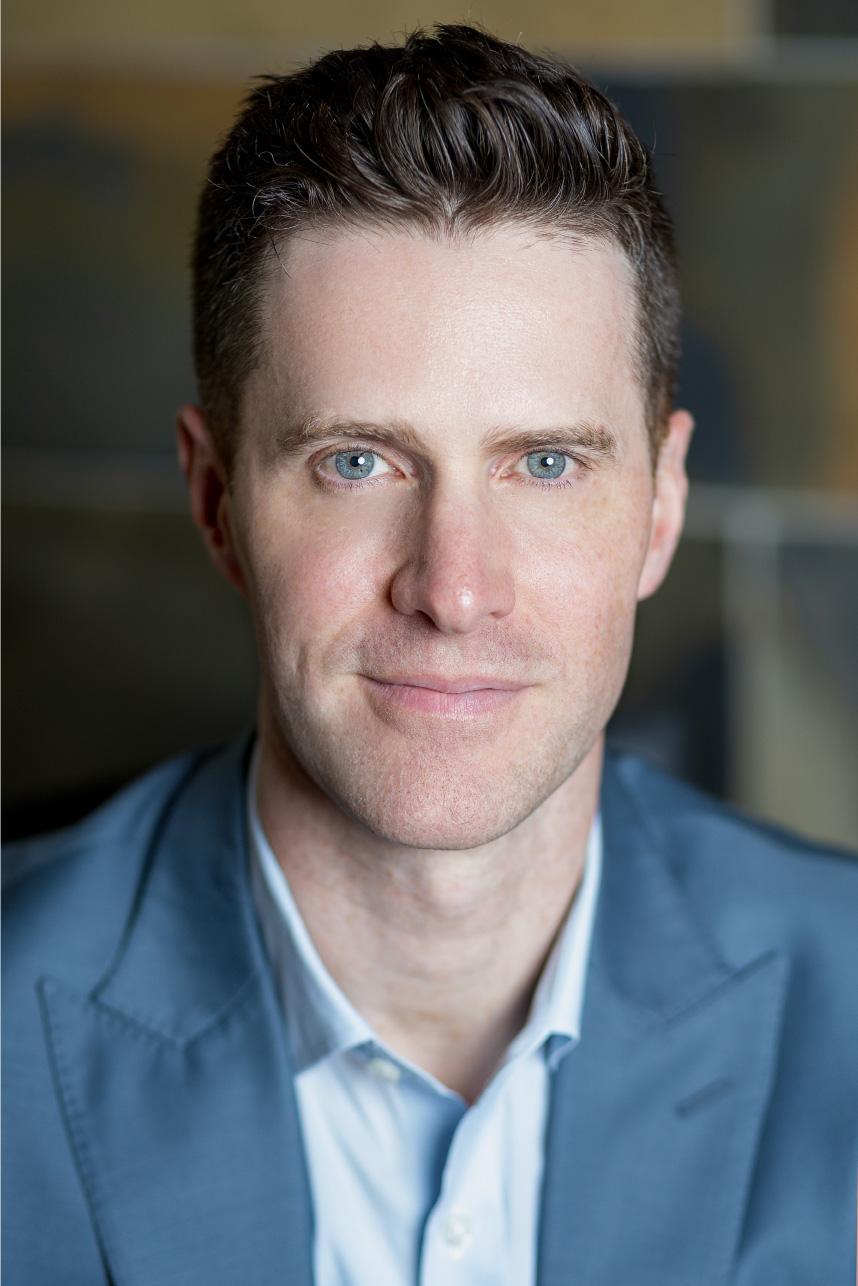
David Thompson
Partner
Contact Information
(705) 722-4400
dthompson@chcbarristers.com
Assistant:
Heather Dalton
(705) 722-4400 ext. 222
hdalton@chcbarristers.com
Law Clerk:
Andrea Lummis
(705) 722-4400 ext. 234
alummis@chcbarristers.com
When preparing for a trial, it is often important to secure the cooperation of non-expert lay witnesses in advance of the trial. You can issue a summons and require a witness to attend the trial, but it can be very risky to call a witness when you don’t know what they will say.
I have often encountered witnesses who are reluctant to cooperate, and the question has occasionally arisen about whether we should compensate them. My practice is not to offer compensation, but to explain how their cooperation in advance of the trial makes it less likely that they will have to testify at trial. When lawyers obtain information from witnesses in advance, they are better equipped to assess the risk and negotiate a settlement, avoiding trial altogether. This reasoning is often persuasive with otherwise reluctant witnesses.
The 2022 lower court decision Legault v. TD General Insurance Company deals with the issue of whether non-expert witnesses could be paid to prepare for trial. This was an action brought by the plaintiff policyholder to enforce the policy provisions of an insurance contract following a house fire. The plaintiff brought a motion mid-trial to exclude the evidence of two of TD’s witnesses on the basis that they were being financially compensated by TD for their preparation time and trial attendance. Plaintiff’s counsel argued that it was an abuse of process to pay lay witnesses for the purpose of securing their cooperation, that TD was essentially “paying for their testimony” and thereby tainting their evidence. These witnesses were a former TD employee and an agent who were both directly involved in responding to the policyholder’s fire loss claim.
Justice Healey agreed with TD’s characterization of these witnesses as professional witnesses, a designation that “has historically been reserved for lawyers, doctors, accountants and those in other white-collar professions.” She referred to case law in which the losing party is ordered to pay these professionals for the loss of other remunerative work as they prepare for and attend the trial.
Justice Healey set out that “payment to witnesses for preparation must be warranted in the circumstances and should not be a regular occurrence.” It must be disclosed to the court and to the other party, and can potentially be a factor in assessing credibility (although it does not raise a presumption that the evidence is tainted).
The plaintiff lost the motion and the trial, and at the time of writing this matter is under appeal. Among other relief sought, the plaintiff/appellant has appealed on the issue of payment for the preparation and testimony of non-expert witnesses, the grounds of which are:
- There are no rules that permit the payment of [sic] non-expert witness beyond a witness/summons fee;
- It undermines the administration of justice to permit a party, such as an insurer, to pay non-party fact witnesses in excess of that which is permitted by the Rules;
It creates an unlevel playing field and undermines the access to justice principle.
The plaintiff/appellant appears to be making a floodgates argument, and I can imagine some scenarios in which payment could taint a lay witness’s testimony into being more favourable, i.e. payment to a former employee who left on bad terms and/or who now works for a competitor. That said, perhaps this risk is appropriately dealt with by early disclosure of the payment and the opportunity to cross-examine the witness on credibility. This concern might also be counterbalanced by the desire for courtroom efficiency and avoiding the scenario described by Justice Healey as “the unprepared witness who has not seen business records and other material for years, who tries to wade their way through volumes of material while on the witness stand.”
It will be interesting to find out how the Court of Appeal deals with this issue. Stay tuned.


Recent Comments